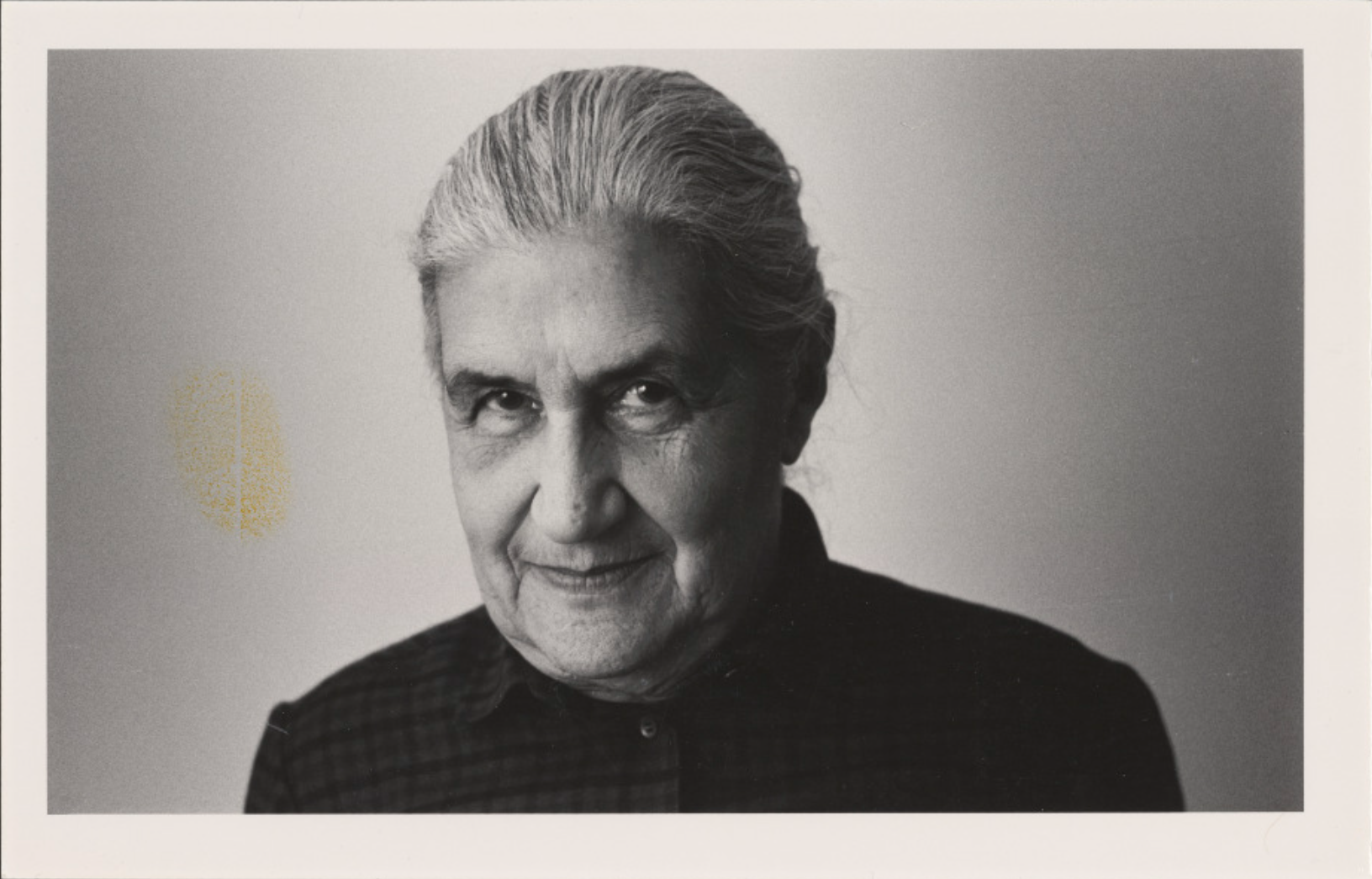Jeanne Hersch: Digitale Neuauflage der Schriften

Jeanne Hersch (1910–2000) was one of the most important Swiss philosophers and ranks among the outstanding Swiss intellectuals of the 20th century. The digital new edition of Jeanne Hersch’s writings brings together, for the first time, her complete journalistic and scholarly work. It includes monographs, contributions to edited volumes, newspaper and magazine articles, as well as interviews and transcripts of conversations. All known texts by Hersch are presented in their original versions with references to later translations provided where applicable. The edition currently comprises 314 known texts, written between the 1940s and the end of the 20th century. And they reflect Hersch’s remarkably broad range of work: as an academic philosopher, as a translator of Karl Jaspers’ work, as an engaged publicist, and as a combative intellectual who repeatedly spoke out on political and social issues. Her writings address key topics such as human rights, political philosophy, and individual freedom, offering a philosophically and culturally significant testimony of her time.
Technical Tools
- Transkribus (Creation and correction of raw texts, initial tagging and layout recognition)
- ChatGPT 4.0 (Annotation in accordance with the DTA standard)
- Oxygen XML Editor (Manual correction of AI-generated annotations as well as referencing of persons, places, and institutions)
- TEI Publisher (Frontend)
- Zotero (Bibliographic metadata, TEI header)
- GitLab and GitHub Desktop (Version control)
Usage Options
The digital new edition of Jeanne Hersch’s writings is aimed at both academic researchers and an interested public wishing to rediscover the work of this exceptional Swiss philosopher. At its core is the provision of a faithful reading text that reproduces the original as precisely as possible, serving as a reliable basis for reading, citation, and further scholarly use. Specially developed indexes of people, organizations, and works offer structured access to the many references found in Hersch’s writings, enabling in-depth and systematic exploration of her thought. All texts are encoded according to the TEI/XML standard, making them suitable for digital edition projects, annotation, and further research.The edition lays the foundation for future editorial and interpretative projects.
During the current project phase, no further explanations or individual commentary on the texts are provided—apart from a general introductory note. The text encoding follows the transcription guidelines of the German Text Archive (DTA).